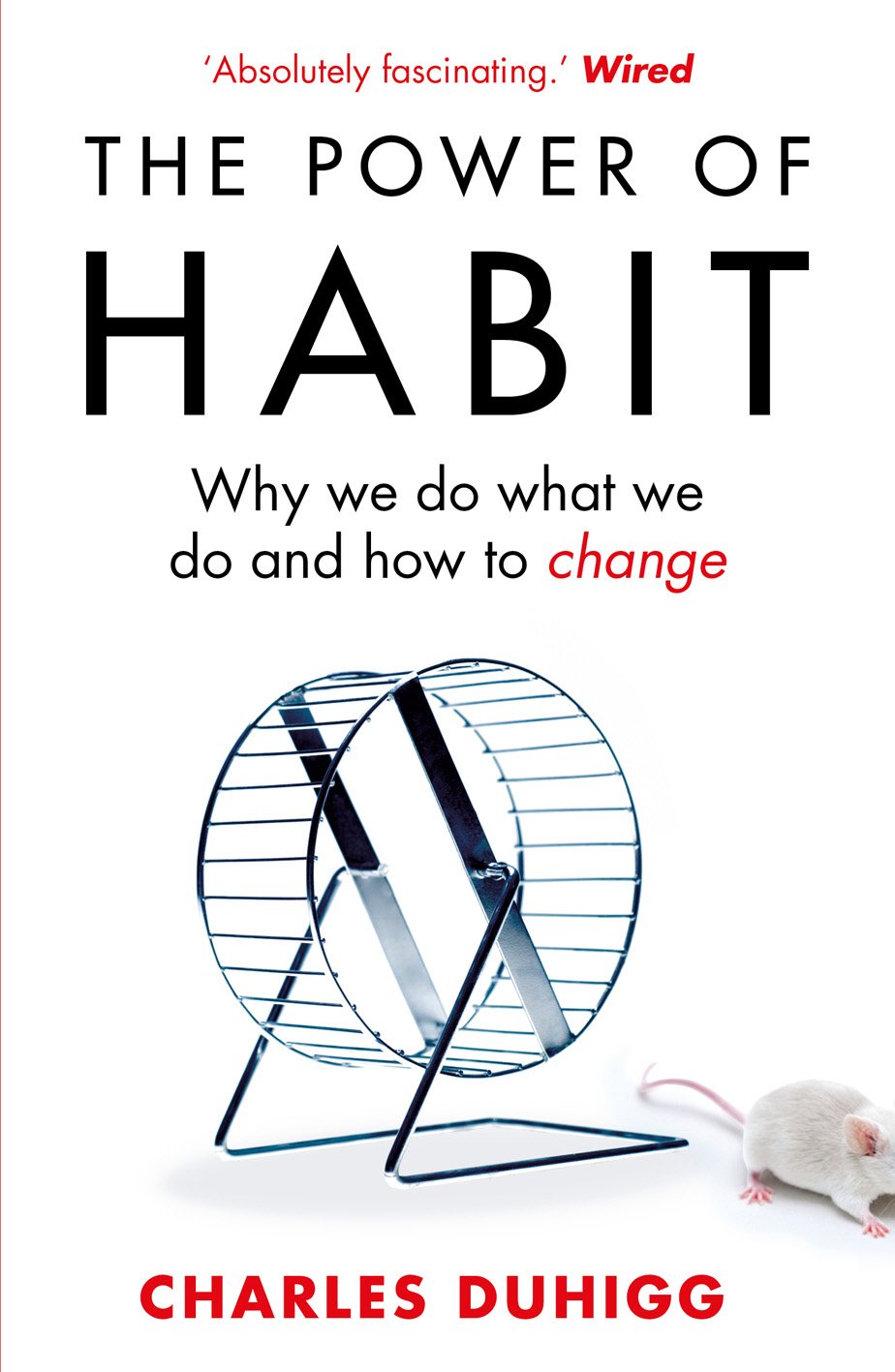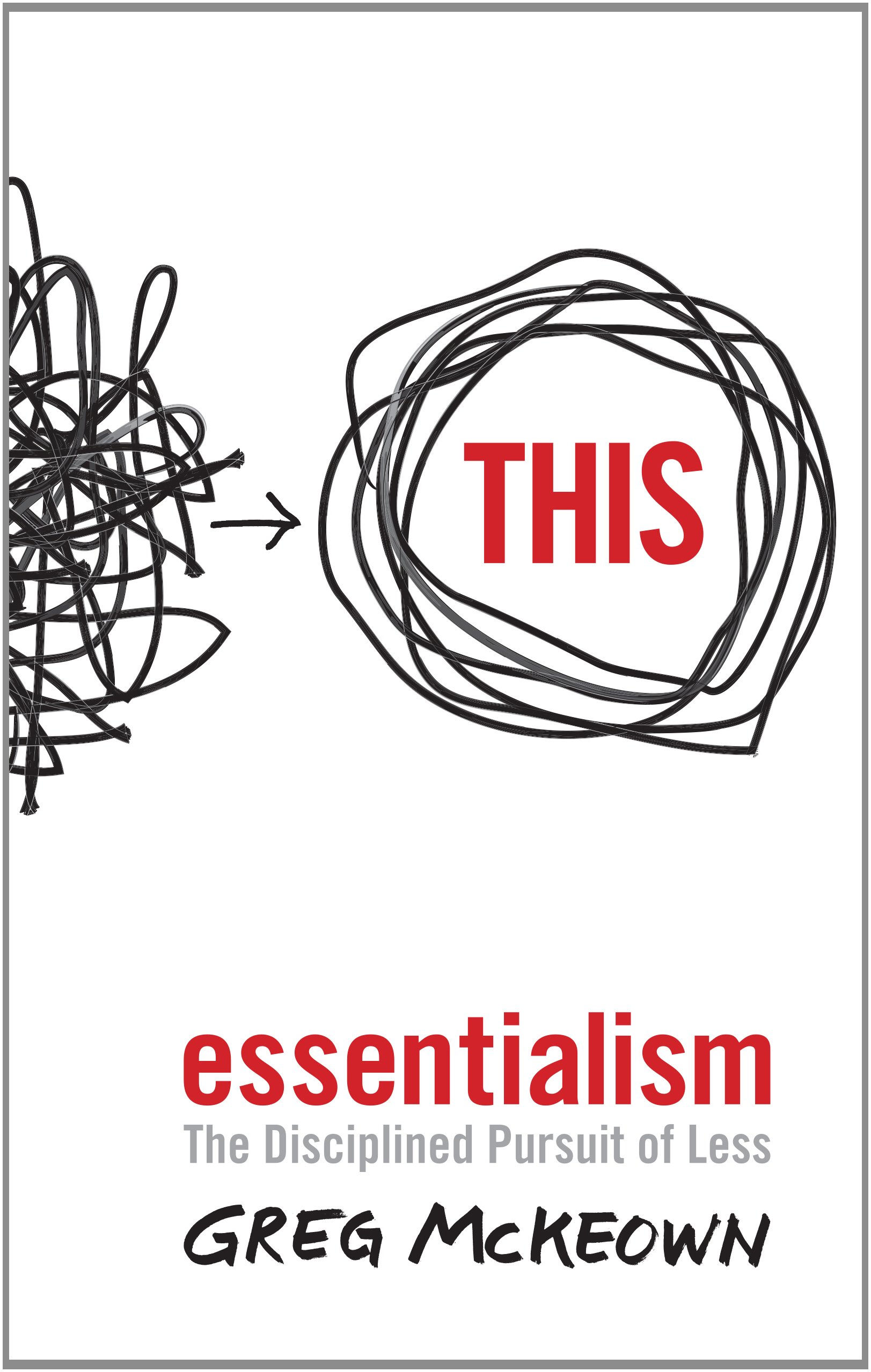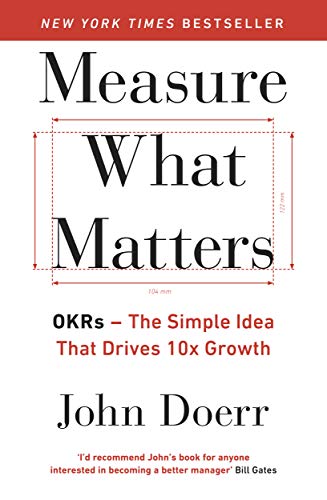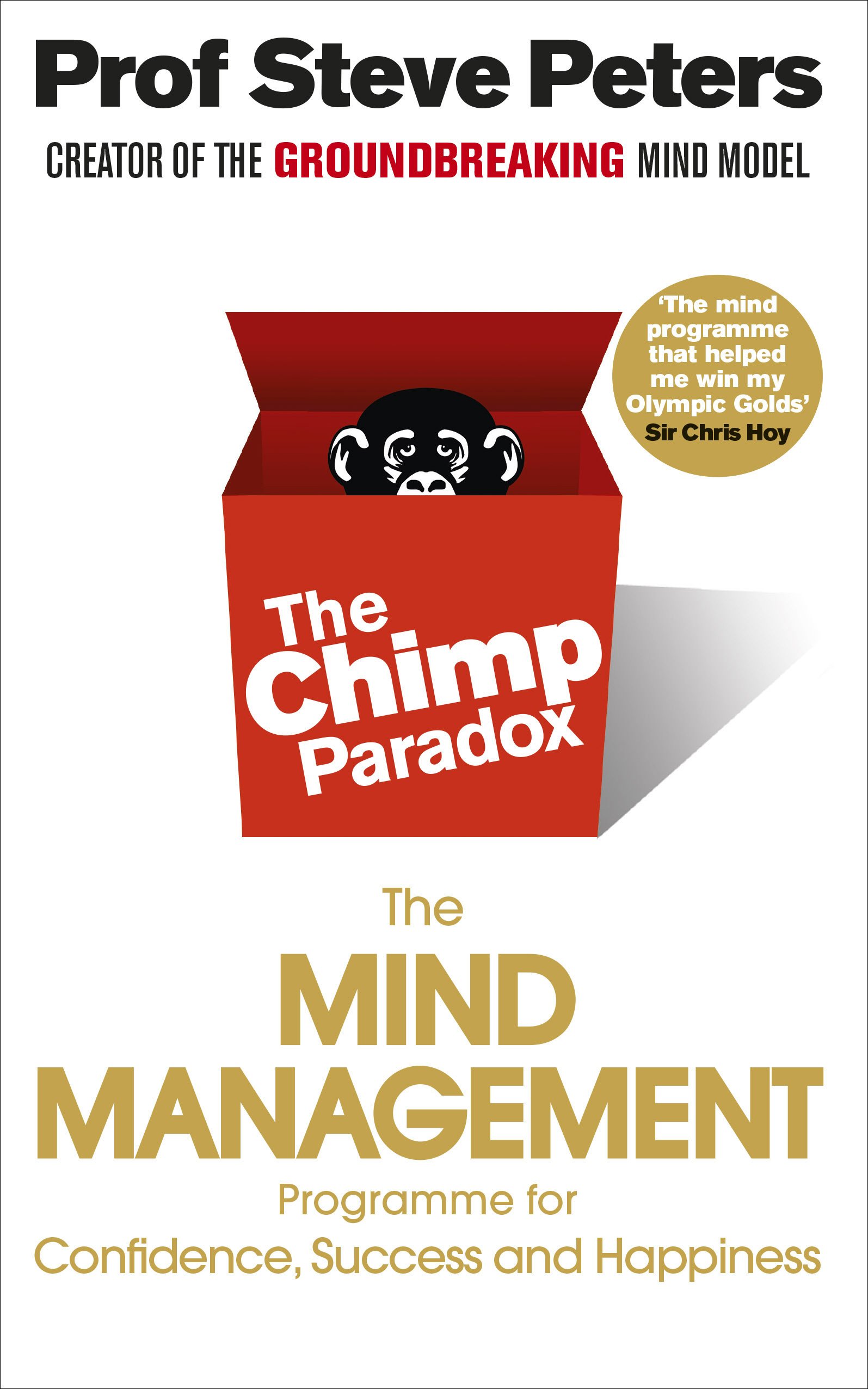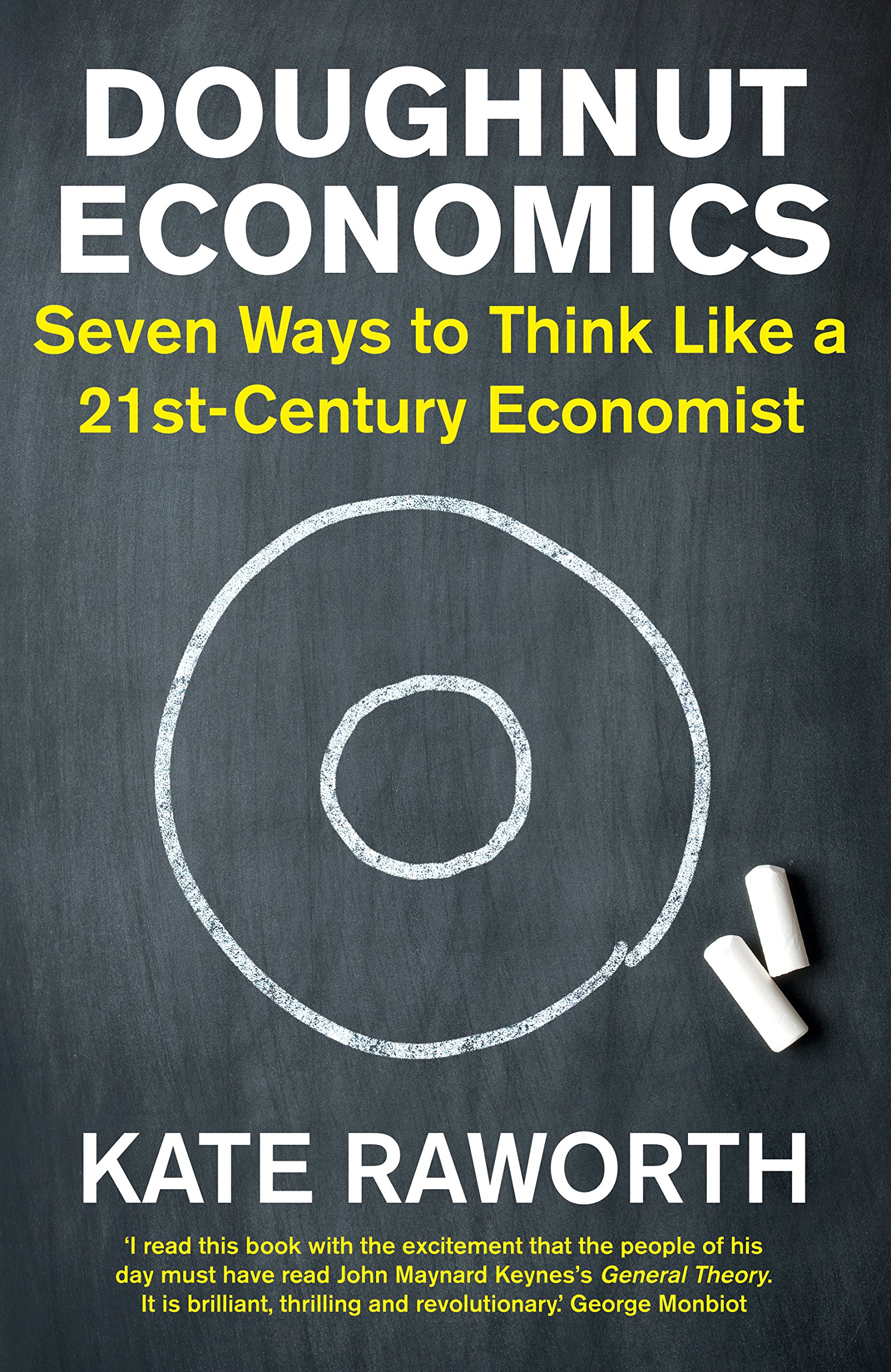How altering even one routine can change your life’s trajectory.
The power of habit by Charles Duhigg. Why is it so difficult to change our habits? Are we even aware of our routines? It requires structured, conscious effort to start to recongise these patterns. And this is a first step towards instigating change.
This is one of many books on habits and routines, and certainly one of the most frequently cited/discussed. Personally, I take little convincing of the impact that habits have on our long-term outcomes, therefore the key take-home points for me and re-framing of habit formation, creation, and remodeling. [N.B. I read this after James Clear’s Atomic Habits, and there is substantial conceptual overlap between the two, but I would suggest reading both.]
Key points:
- We know our habits exist and that we have the freedom to change them therefore need to consciously accept the hard work needed to change them
- “The first act of free will is to decide in the existence of free will”
- It is recognised that altering some habits (‘keystone habits’) can lead to knock-on changes in multiple other routines. E.g. Starting running daily and then changing your work habits, the energy you put into relationships etc.
- Keystone habits get into the mindset of ‘small wins’ and create belief of grander change/goals, also create a culture for formation of other new habits
- Self-discipline (ie willpower) is the top keystone habit, and can be trained
- The original neural circuits for old habits remain even if overwritten with new ones; what is key is the trigger to initiate the new/different habit, which then uses the original pathway, but has a different output
- So, to change and existing habit: keep the same cue and same reward but change the action
- Having substantial familiarity in the new habit will help ensure it becomes entrenched
- All habits start with a cue, but what drives action is craving. Craving is key to link the cue with anticipation of reward
- Therefore, to make a new habit, you need the cue to trigger the craving for the reward (eg logging miles or satisfaction of accomplishment for exercise). So focus on the craving (eg fitting into smaller clothes or body shape)
- Most people aren’t aware of the actual rewards/cravings underlying their habits so you need to actively think about (or even test) to discover
- The majority of new/changed habits fail during stressful times, so need to provide as much protection as possible to prevent it failing
- Usually need a group to maintain/support/give that belief (eg go for a walk outside instead of a snack at lunchtime)
- Routines (as part of culture) are habits for organisations (eg EPA enforces quickly and firmly)
- Training staff in how to deal with difficult situations so habit kicks in with those cues, and this also build willpower
- Giving employees autonomy leaves them with more willpower and therefore system 2 less depleted
- Majority of organisational habits originate from small decisions made by individuals over time (rather than being designed a priori)
- All habits are often more open to change during a period of crisis or major transition (e.g. change of CEO or merger for a company; birth of child or new job for an individual)
- Don’t forget that system 2 depletion (see Thinking Fast and Slow), especially at the end of the day, impedes willpower and therefore good habits – but system 2 be trained to grow
Some action steps:
- Describe your routines
- Experiment to understand the reward for the habit (may not be as obvious) – not necessarily trying to change the habit; then write down 3 words 15min after your experimented reward
- Find the cue, one of: location, time, emotional state, other people, immediately preceding action so when feel urge write down those 5
- Make a plan to use cue and get reward but with different action
This book has substantial sentiments of stoic philosophy and Alderian psychology: if we are free, then we acknowledge everything we do (even ‘automatic’ habits) are a choice and can be altered. Therefore, we must accept the difficulty in changing them and do the hard work to make it happen. This is also reminiscent of (though written in a very different way) the underlying message from Tony Robbins.
